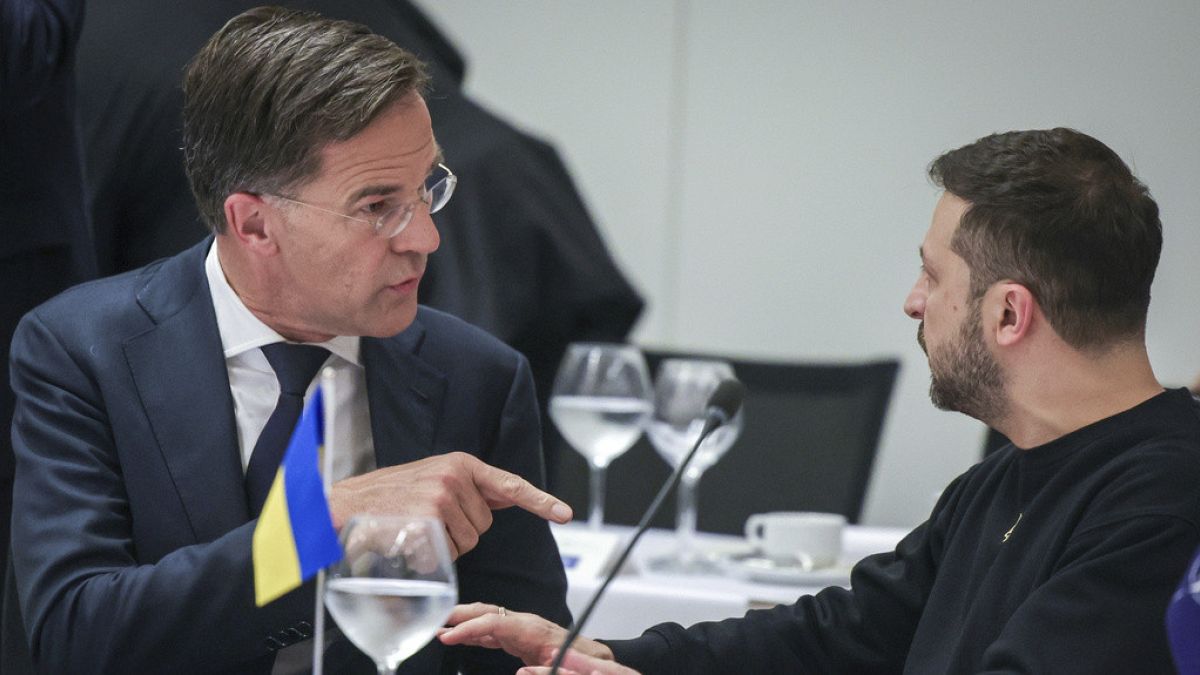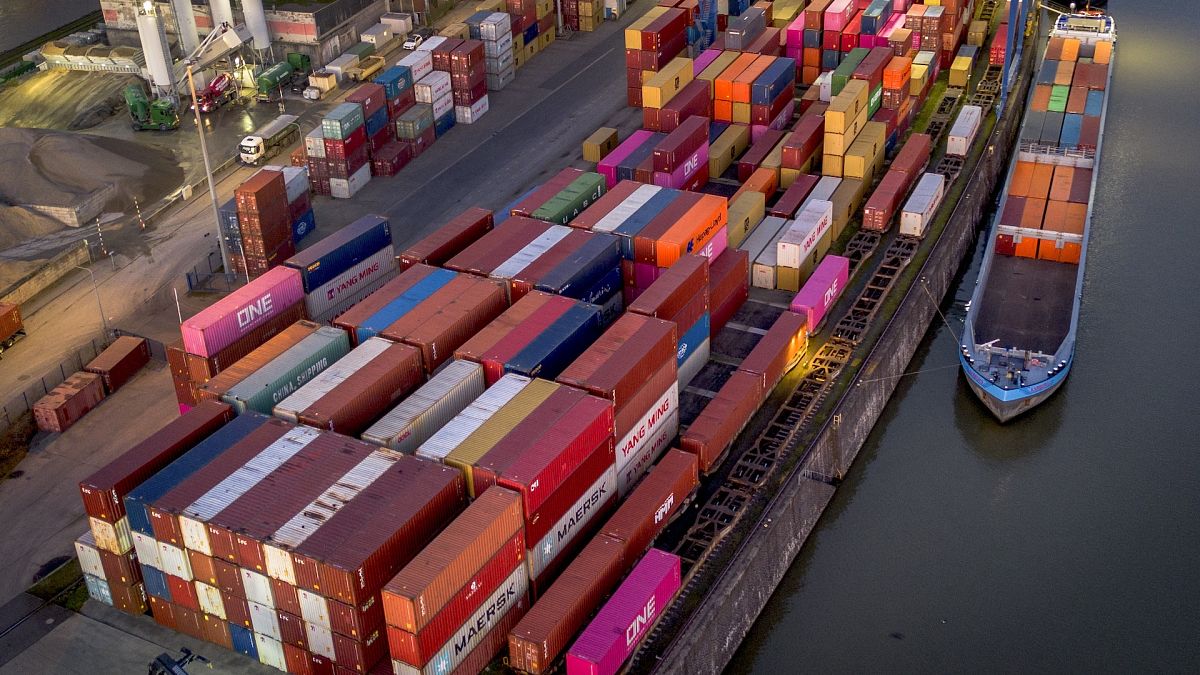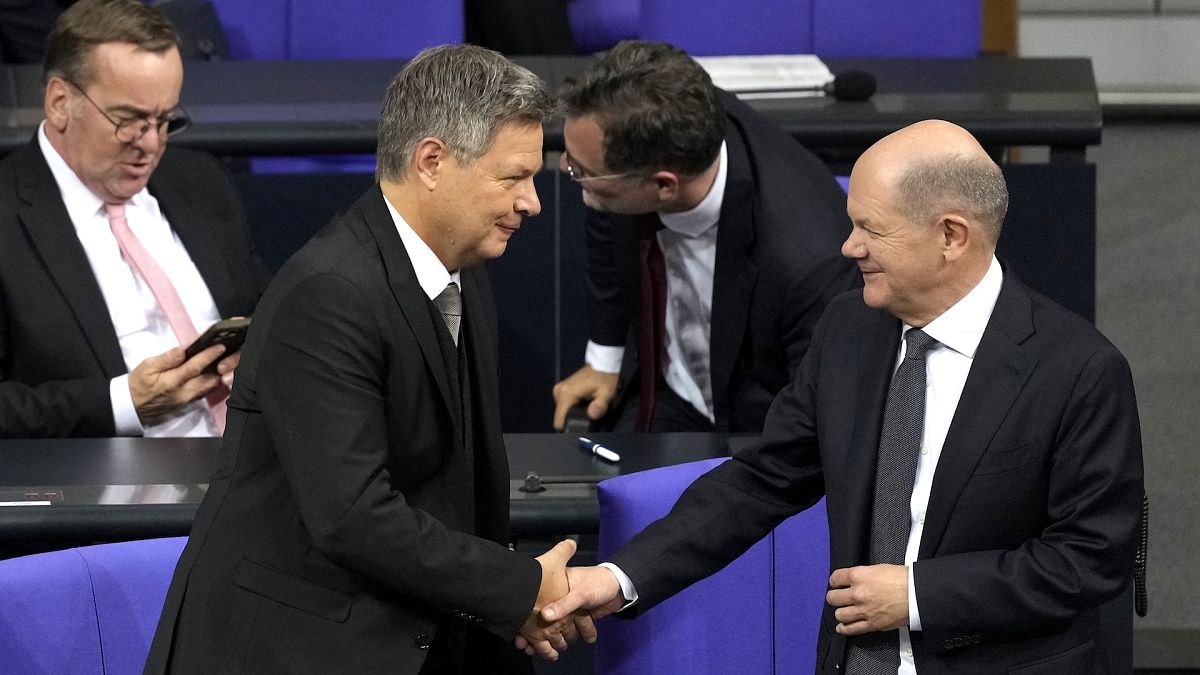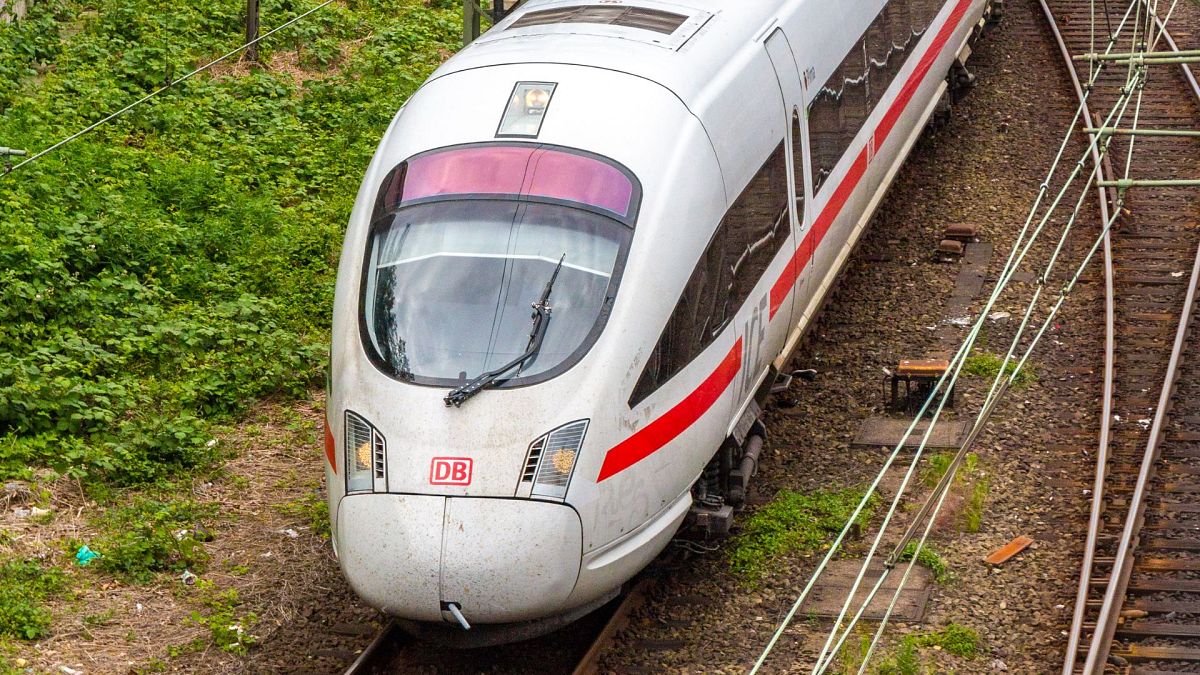Claus Strunz: Government collapse a ‘heart attack’ for Europe
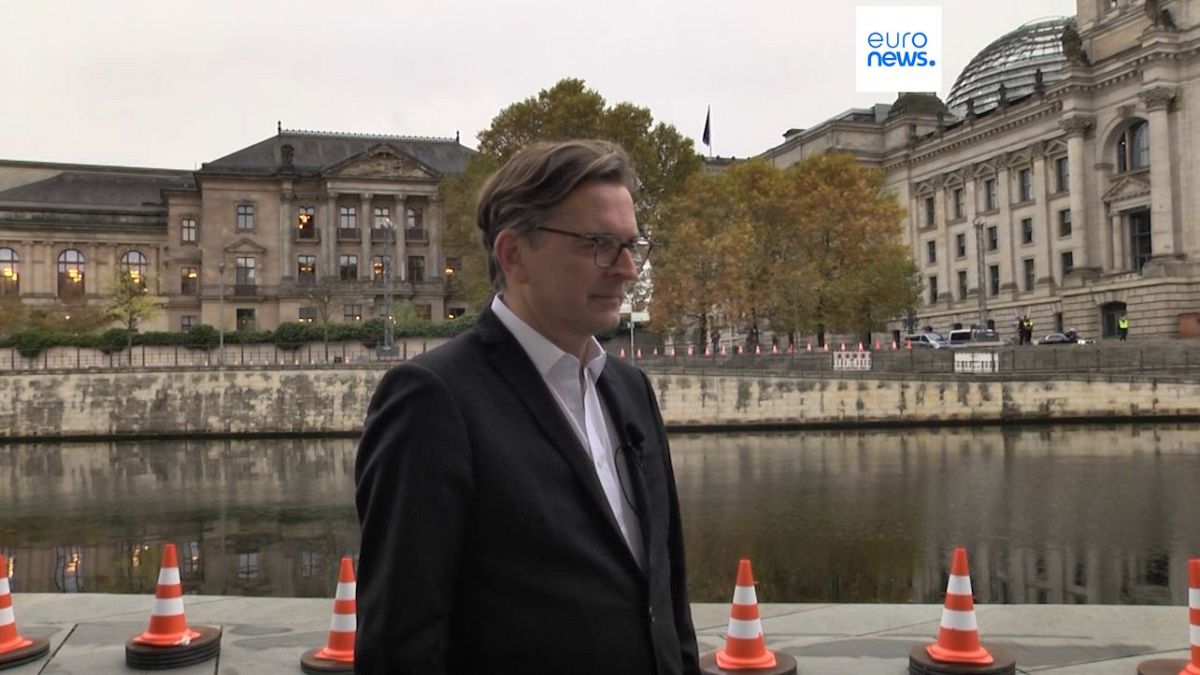
Euronews Editor-in-Chief Claus Strunz gives his view on the collapse of Germany’s coalition government, after Chancellor Olaf Scholz dimissed his Finance Minister and set a no-confidence vote for early next year.
German Chancellor Olaf Scholz dismissed Finance Minister Christian Lindner on Wednesday evening, in a move that has brought about the collapse of the country’s ruling coalition. Scholz has said he will bring a no-confidence vote to the Bundestag by 15 January, paving the way for parliamentary elections by the end of March at the latest. Euronews Berlin correspondent spoke to our Editor-in-Chief, Claus Strunz, who gave his view on this latest development.
The ruling coalition has collapsed, and we are faced with the prospect of new elections in 2025. There have been issues in this government for a while, but why did this occur now?
I think most Germans are thinking, “it’s finally over.” Over the last few weeks and months, the government has been catastrophic in its representation of Germans. We have witnessed bad craftmanship and bad decisions on their part. It was finally time to call it quits, which is what the Chancellor has done by firing his Finance Minister. This was a pretty unusual move in itself, and was even followed by insults towards Lindner. Now, the worst government in the history of the Federal Republic of Germany has finally reached its end.
Does this crisis come at a bad time for Europe after Trump’s re-election?
The answer is definitely yes. This total collapse of the German government is also a heart attack for Europe, because the continent’s most important power, its strongest and most reliable partner, is now weakened. All of Germany’s European partners, as well as President-elect Donald Trump, will be asking themselves: “Can I still rely on this Chancellor and his government?”
Either way, I believe it’s over for this government. It’s only a matter of weeks and months before we have new elections. So, is Germany still a reliable partner? And the answer from a political perspective is that it absolutely is. But the people in charge will only be around for a few more weeks and months. And that’s the weakest situation you can possibly be in.
Germany and the US are strong supporters of Ukraine. What are the consequences of this for Kyiv?
In the short term, as in today and tomorrow, there will be no consequences. The Chancellor has stated, and it was important for him to mention this, that the support remains and that nothing will change in this regard. But the question is, can he actually still implement everything he plans to do? He himself seems to believe it because in my opinion, he made the wrong decision by staying in office instead of resigning immediately or calling a new election straight away to give the people of Germany the opportunity to decide how they want their country to be governed in the future.
Olaf Scholz wants to continue. He wants to pass laws all the way up until Christmas, and then only on 15 January will he ask the “question” of whether there is confidence in his government. What this means is that around the end of March next year, which is so far away from now, there will be an election. And until then, Germany will not be a strong partner for Europe, but rather a weak one.
Society in the US is divided. Is this also the case in Germany?
The phenomenon of division in our societies extends, in principle, through much of the Western world. America is the largest and now the most well-known example after its recent election. But we are also seeing this trend in many countries in Europe, including in Germany. Therefore, the parties that are currently not in government benefit the most from the step Olaf Scholz just took.
They will now position themselves to achieve best results possible in the next election, compared to what they had before. This could lead to a completely different political landscape in Germany, which in turn will have major consequences for Germany’s influence, role and policies in Europe.
Which party will benefit the most from Lindner’s dismissal?
I would say the AfD benefits the most. That’s because the goal of the AfD, as the far-right party on the political spectrum, has always been to crush this government. That is of course a legitimate goal for an opposition party, but in Germany there are many critical voices who say that if the AfD becomes stronger, the entire political climate in Germany as well as its standing will change, and what Germany stands for will also be affected.
That worries many people. But it also gives hope to many people who want change and not the same old, same old!
Source: Euro News




